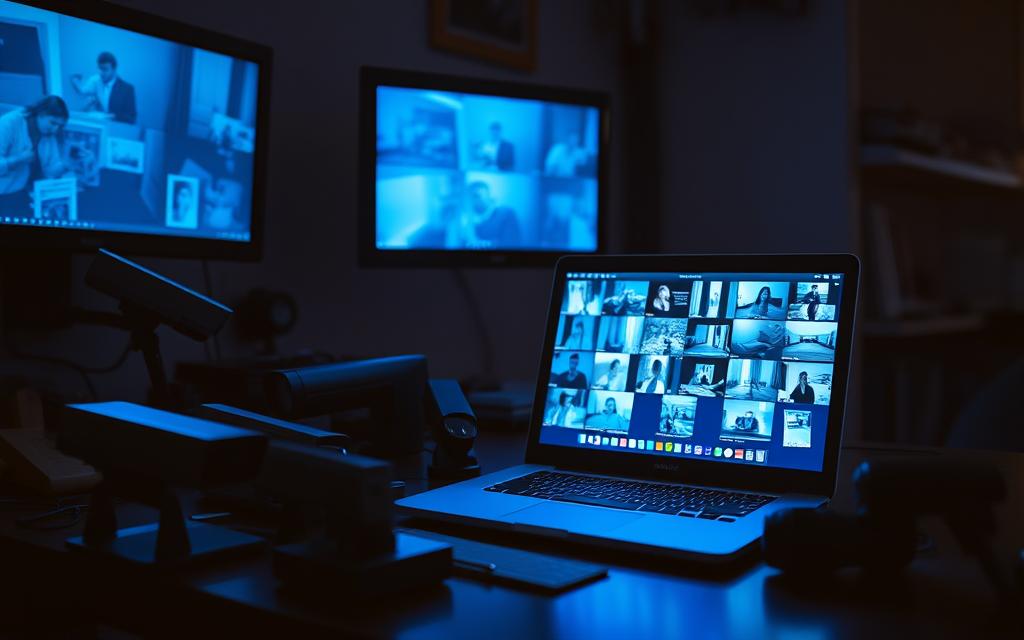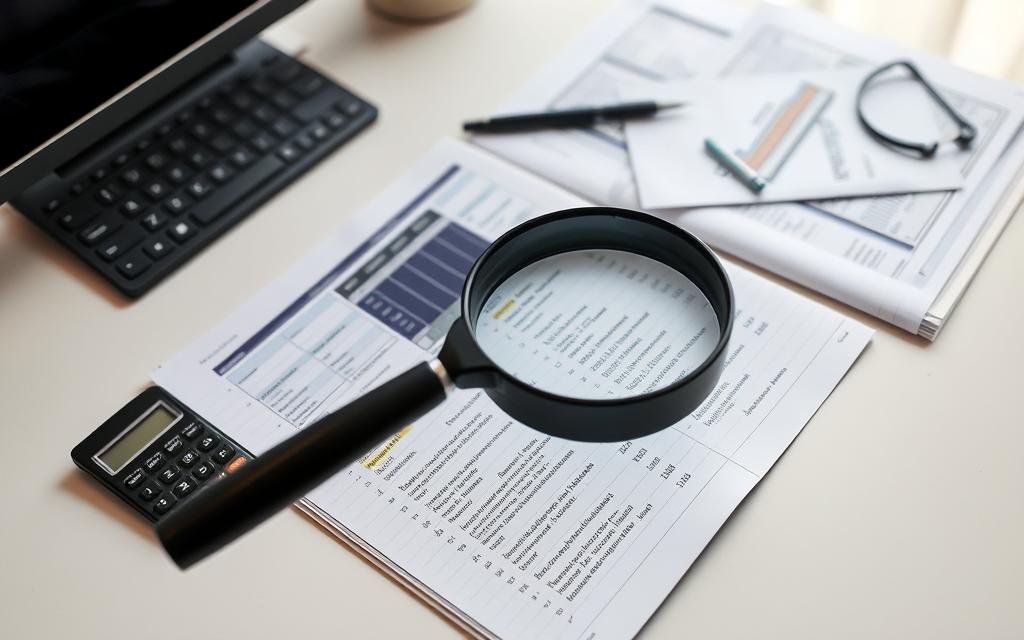Trust is the foundation of any relationship. When suspicions arise, uncovering the truth becomes critical. Modern relationships face unique challenges, blending emotional intuition with digital clues. This guide offers actionable strategies to address doubts while respecting boundaries.
Technology has reshaped how infidelity unfolds. Tools like GPS tracking apps or keyloggers provide concrete evidence, but ethical and legal considerations matter. For example, New York courts often require admissible proof when handling infidelity cases. Balancing tech solutions with traditional observation creates a clearer picture.
This article combines expert insights with real-world examples. Learn to spot behavioral changes, analyze phone patterns, and interpret sudden secrecy. Whether you’re gathering facts or seeking closure, these methods prioritize discretion and accuracy.
Every situation demands sensitivity. While digital spying tools exist, their use requires caution. We’ll explore both tech-driven and interpersonal approaches to help you make informed decisions. Let’s begin.
Introduction to Infidelity and Trust Issues
Uncertainty in love often starts with subtle shifts in a partner’s behavior. Doubts about loyalty can create emotional chaos, making it hard to separate intuition from fear. Before jumping to conclusions, consider both psychological impacts and practical steps to address concerns.

Recognizing the Unspoken Signals
Common red flags include sudden secrecy with devices or unexplained schedule changes. A person might become defensive when asked simple questions. Inconsistent stories about their day or new friendships can also signal trouble. Relationship experts note that 63% of confrontations reveal truth when approached calmly.
Clarity Before Action
Setting goals helps avoid rash decisions. Ask yourself: Are you seeking truth, closure, or reconciliation? Documenting patterns—like repeated late nights—adds objectivity. As therapist Dr. Lena Torres advises, “Start with a non-accusatory conversation. Phrases like ‘I’ve noticed…’ often yield honesty.”
Both men and women experience infidelity equally, according to recent studies. Whether gathering proof or rebuilding trust, balance empathy with an evidence-based approach. Misinterpreted signals can damage relationships, so prioritize facts over assumptions.
Understanding Infidelity: Behavioral and Digital Signs
Spotting potential infidelity often starts with noticing inconsistencies in daily interactions. While isolated changes may mean nothing, repeated patterns in behavior and digital activity often reveal deeper truths. Let’s explore common warning signs that blend physical actions with online footprints.

Subtle Shifts in Partner Behavior
A partner suddenly spending hours grooming or buying new clothes might signal newfound priorities. Unexplained mood swings—like irritation when discussing weekend plans—could hint at hidden stress. Relationship coach Dr. Emily Carter notes: “Defensive reactions to simple questions rank among the top three behavioral red flags.”
Watch for sudden work “emergencies” or uncharacteristic secrecy about their phone. These shifts often accompany emotional distancing. A 2023 study found 72% of unfaithful individuals altered routines weeks before being discovered.
Recognizing Digital Clues
Frequent late-night messages or password-protected apps demand attention. Check for dating profiles on social media platforms disguised as gaming or fitness tools. Unexpected password resets or deleted browser histories often hide tracks.
Monitor recurring unknown numbers in call logs. Suspicious emails might include hotel confirmations sent to spam folders. Research shows 58% of hidden apps relate to secret communication channels. Document timestamps and screenshot unusual activity for clarity.
Patterns matter more than single incidents. Combining offline behavior with digital information builds a stronger case for honest conversations.
How to Catch a Cheater Using Digital Surveillance
In today’s connected world, digital footprints often reveal more than words. Modern tools allow discreet monitoring of a partner’s activity, but ethical boundaries remain crucial. Always verify local laws before deploying any surveillance device.

Monitoring Social Media and Apps
Unusual phone behavior often starts with hidden apps or sudden social media privacy changes. Look for:
- Dating profiles disguised as fitness trackers
- Messaging platforms deleted after use
- Increased screen time without explanation
Free tools like tracking apps can monitor activity on shared devices. However, 34% of U.S. states require mutual consent for such software.
Utilizing GPS Trackers and Spy Tools
Legal GPS trackers work best on jointly owned vehicles. Compact models sync real-time location data to your phone. Keyloggers record typed messages but risk violating federal wiretap laws if misused.
Steps for ethical use:
- Confirm ownership of the target device or vehicle
- Document findings without altering evidence
- Consult legal counsel before confronting
As highlighted in this ethical guide, technology supplements—not replaces—direct communication. Sudden location jumps or encrypted apps warrant attention, but trust remains built through transparency.
Gathering Physical and Financial Evidence
Tangible clues often hide in plain sight. While digital patterns raise suspicions, physical and financial evidence can solidify your observations. Start by reviewing shared accounts and everyday items that might reveal inconsistencies.

Checking Shared Bills and Receipts
Shared credit cards or bank statements frequently expose hidden spending. Look for:
- Hotel charges during work trips
- Unexplained restaurant bills
- Gift purchases not meant for you
A 2022 study found 41% of infidelity cases involved suspicious transactions under $50. Small amounts avoid detection but add up over time.
Check your partner’s car or home workspace for receipts. A stray coffee shop stub could conflict with their claimed whereabouts. Keep a dated log of findings—this documentation strengthens legal validity if needed.
Monitor text messages linked to shared accounts. Phrases like “confirming reservation” in SMS alerts might hint at undisclosed plans. Always cross-reference financial evidence with location data or digital patterns for consistency.
Mysterious things—like unfamiliar jewelry—often surface during routine cleaning. One case handled by private investigators involved a gym bag holding receipts for romantic getaways. Correlate physical discoveries with timeline gaps for clearer insights.
Remember: Patience turns fragments into proof. Regular reviews of financial records and household things build compelling narratives when paired with digital clues.
Legal and Ethical Considerations
Investigating a partner’s actions walks a tightrope between truth-seeking and privacy rights. While gathering evidence feels urgent, understanding legal boundaries protects everyone involved. Let’s explore how to balance these priorities responsibly.
Navigating Privacy Laws in the United States
State laws vary wildly on surveillance. For example, accessing a partner phone without consent violates federal wiretap laws in 12 states. Even apps marketed as “spy tools” could breach privacy policies if installed secretly.
California requires both parties’ consent for recording conversations. Texas allows GPS tracking only on jointly owned vehicles. Missteps here risk evidence dismissal in court—or worse, lawsuits.
When to Involve a Professional
Private investigators operate within legal frameworks, making them safer than DIY methods. They document partner behavior through licensed techniques like forensic financial reviews or discreet surveillance.
Consider hiring pros if:
- Your state bans unauthorized device monitoring
- Evidence needs courtroom admissibility
- Emotional stress clouds judgment
Reputable private investigators use legally compliant apps and methods. They also maintain chains of custody for evidence, which DIY efforts often lack. Always verify their license matches local privacy policy standards.
When in doubt, consult an attorney. A 30-minute legal review can prevent costly missteps while preserving your rights—and dignity.
Addressing the Emotional Impact and Self-Care

Discovering betrayal can feel like an earthquake shaking your world. The aftermath often leaves people grappling with anger, confusion, and grief. Relationship experts emphasize these reactions are normal—your emotions deserve acknowledgment, not judgment.
Understanding Your Emotions
After an affair, many report physical symptoms like insomnia or appetite changes. Therapist Dr. Mara Simmons notes: “Shock waves from infidelity affect both partner and spouse deeply. Lean on trusted friends or support groups to process feelings safely.”
Consider these steps:
- Write daily in a journal to track emotional patterns
- Join online communities sharing similar situations
- Save uplifting text messages from loved ones for tough moments
Self-Care Strategies During a Crisis
Rebuilding your life starts with small, consistent acts. Prioritize activities that ground you—like morning walks or creative hobbies. Research shows 20 minutes of daily exercise reduces stress hormones by 35%.
Create a help network:
- Schedule weekly coffee dates with friends
- Bookend days with meditation or quiet reflection
- Consult counselors specializing in post-infidelity trauma
Remember: Healing isn’t linear. Allow yourself to grieve lost trust while celebrating progress. As one survivor shared, “Reclaiming my things—like gardening or solo trips—helped me rediscover joy beyond the pain.”
How to Catch a Cheater with a Balanced Approach
Blending digital precision with real-world observation creates the strongest strategy for uncovering hidden truths. Modern investigations thrive when text messages analysis pairs with discreet physical checks. This dual approach minimizes errors while maximizing evidence quality.
Merging Tech Tools With Human Insight
A partner acting suspiciously might delete apps but leave real-world clues. For example, a Los Angeles case revealed partner cheating through combined GPS data and coffee shop receipts. The partner may hide their phone, but slip up by meeting someone else at familiar locations.
Key steps for balanced investigations:
- Cross-reference text messages timestamps with actual whereabouts
- Use budget-friendly tracking apps alongside routine behavior notes
- Note recurring interactions with someone else in shared spaces
In the Los Angeles area, sudden gym memberships or new “work friends” often accompany digital secrecy. One woman discovered her spouse’s affair by matching encrypted apps usage with unaccounted lunch breaks. Physical evidence—like a duplicate car key—filled gaps that screenshots alone couldn’t explain.
Always plan discreetly:
- Review digital patterns during normal downtime
- Schedule observation periods around claimed commitments
- Document findings in real-time to avoid memory gaps
While tech provides data points, human intuition spots contradictions. A partner might claim traffic delays but forget their phone location shows a park visit. Balancing both methods builds airtight cases while respecting emotional boundaries.
Conclusion
Uncovering the truth about a partner’s loyalty demands precision and compassion. As this article highlights, blending digital tools like messages analysis with real-world observation—such as tracking location patterns—builds credible evidence. In Los Angeles cases, combining GPS data with coffee shop receipts often reveals hidden tracks.
Legal boundaries matter. Always verify local laws before using a spy device or reviewing emails. For example, California requires consent for monitoring a phone, while shared financial records offer safer information trails. Documenting repeated signs—like late-night calls—strengthens your case over time.
While technology provides clues, human insight spots contradictions. A person might claim traffic delays but forget their phone pings a park. If overwhelmed, seek licensed professionals—especially in complex situations.
Ultimately, healthy relationships thrive on transparency. Whether pursuing closure or reconciliation, let love guide decisions rooted in facts, not fear. Honest dialogue remains the clearest way forward, even when answers feel elusive.

You don’t need to search much more to find out how to spy or track your boyfriend’s phone.